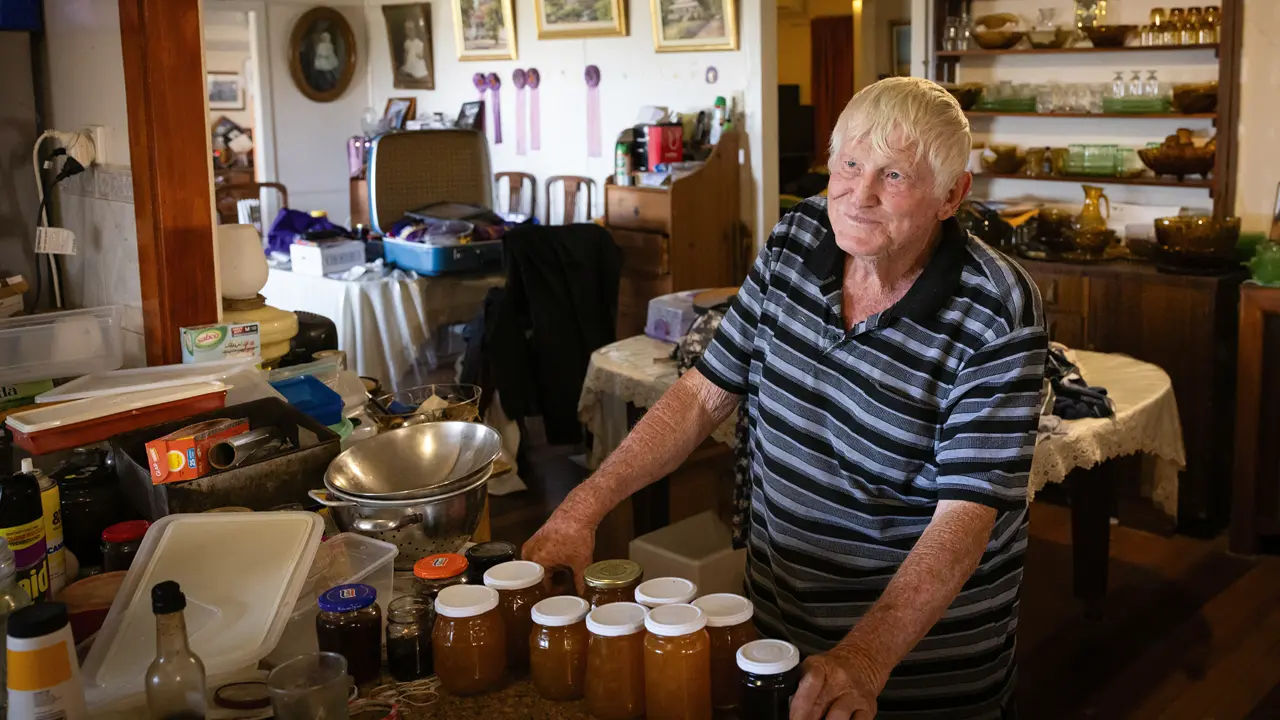Two sisters run Australia’s biggest duck-farming enterprise, producing 4.5 million ducks annually from Victoria’s Wimmera plains.
Story By John Dunn
Theresa Sfetkidis and Kim Shoppee-Lynch are sisters and one-time country girls who live in Melbourne but their hearts, hopes and business life are centred on where they were born – at Nhill, 373 kilometres away in Victoria’s north-west, in the midst of the grain-growing plains that stretch across the Wimmera to the South Australian border.
Wheat and oats, however, are not their go – they run Australia’s biggest duck-farming enterprise, an operation that currently produces 4.5 million ducks annually and is expected to produce close to eight million per year in the next five years.
Luv-A-Duck was started by their late father, Art Shoppee, in his backyard in Nhill in 1969. The Shoppees are Huguenots (French Protestants) who came from France in the middle of the 19th century to join the Ballarat gold rush. They brought with them a strong work ethic and an entrepreneurial spirit, elements suited to success in an emerging nation.
The family’s fortune was not found on the diggings but in china and crystal. Art’s great-grandfather Charles, the mayor of Ballarat for 10 years, had a thriving business in his store, the Crystal Palace, during the gold rush. Later his son Arthur, Art’s grandfather, was approached by Sidney Myer to open the china and crystal department on the second floor of Myer Melbourne. Art’s father, also called Arthur, became the buyer and travelled the world to make his purchases. Later he bought a hotel in the Wimmera town of Dimboola then branched out into dry-cleaning with a factory in Nhill and shops and agents around the Wimmera.
Art, who had studied accountancy, moved to Nhill to manage the business and it flourished under his guidance but slowed in the late 1960s with the advent of washable synthetics. About this time Art was a member of the Apex Club in Nhill and regularly joined the club’s annual duck-shooting expeditions to the Murray River.
One year was particularly successful. The group brought back 110 ducks but had nowhere to store them. The following year Art was ready with a new freezer – but they brought back only one duck, so Art decided he would put the freezer to good use growing and freezing chickens for the family.
On a dry-cleaning trip to Melbourne he bought 20 day-old chickens, which were grown, frozen and eventually consumed. On another trip there were no chickens available so he bought ducklings. He grew them and then began to regularly provide ducks to his father who by then was running a restaurant in Adelaide.
This story excerpt is from Issue #84
Outback Magazine: Aug/Sep 2012








